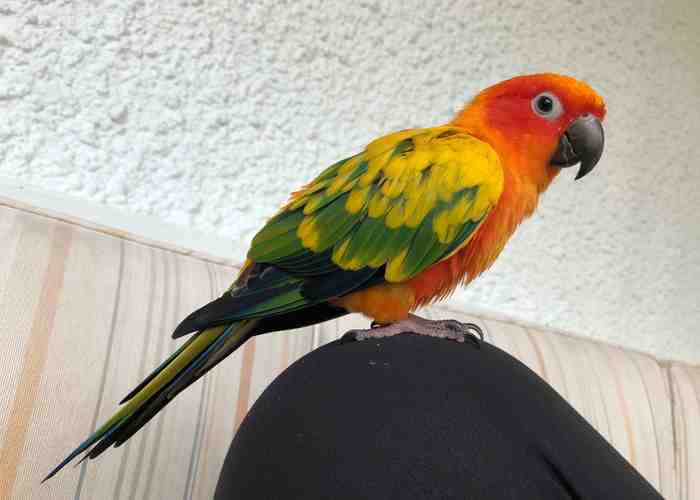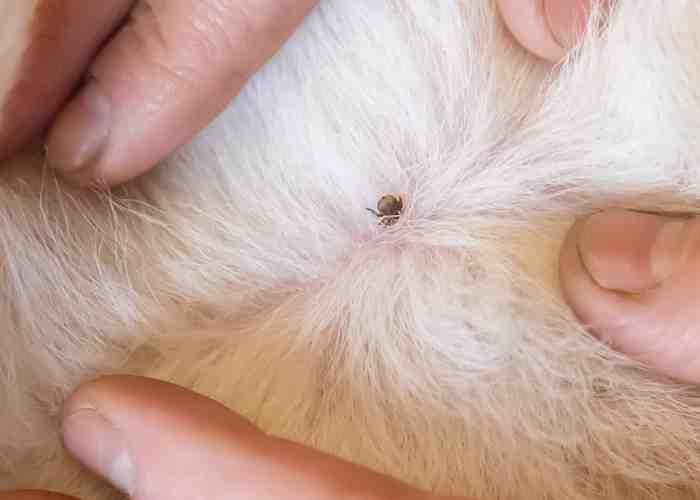I can't leave my baby sun conure! What do I do?
Someone asked me on Youtube:
Hey I recently got a sun conure and he’s a baby and I love him so much but he literally can’t leave a person whenever I put him down he comes back straight away and is scared of my other birds, will he change as he grows up and become more social?
Congratulations on your new sun conure! It's wonderful that you have a new feathered friend to love and care for.❤️
It's not unusual for baby birds to be hesitant around new surroundings and other birds. They are still learning and adapting to their environment, and it can take time for them to feel comfortable and confident.
Although your conure might be fearful of something, you will be the best judge of that since you live with them!
Although your conure might be fearful of something, you will be the best judge of that since you live with them!
As your sun conure grows older, it's likely that he will become more social and independent. With patience, consistency, and positive reinforcement, you can help your bird feel more comfortable around other people, birds and in new situations. 🌟
It's common for birds to develop fears or phobias, and it's important to help them overcome these fears so they can live happy and healthy lives. Here are some tips for helping your conure overcome a fear:
It's common for birds to develop fears or phobias, and it's important to help them overcome these fears so they can live happy and healthy lives. Here are some tips for helping your conure overcome a fear:
- Identify the cause of the fear: Try to determine what is causing your conure's fear. Is it a specific object, noise, or situation? Once you have identified the cause, you can work on desensitizing your bird to it.
- Start small: Begin by exposing your conure to the feared object or situation in small doses. For example, if your bird is afraid of a specific toy, start by placing the toy in the same room as your bird but at a distance. Gradually move the toy closer over time until your bird is comfortable with it being nearby.
- Use positive reinforcement: When your conure shows signs of bravery or curiosity around the feared object, offer treats and praise. This will help to reinforce the positive behaviour and encourage your bird to continue exploring.
- Be patient: Overcoming fear can take time, so be patient and consistent in your training. Don't force your bird to confront its fears, as this can make the fear worse. Instead, work at your bird's pace and offer plenty of encouragement and support.
- Seek professional help: If your conure's fear is severe or persistent, consider seeking help from a bird behaviourist or veterinarian. They can provide specialized training techniques and offer advice on how to help your bird overcome its fear.
Training is also an important aspect of parrot ownership, as it helps to build a strong bond between you and your bird while also teaching them important skills and behaviours. Here are three top training techniques you can use with your parrot:
- Target Training: This involves teaching your parrot to touch a target, such as a stick or a pointer, with their beak. This can be a great way to teach your bird new tricks and behaviours, and it also helps to build trust and positive associations between you and your bird.
- Recall Training: This involves teaching your parrot to come to you on command, such as when you call their name. This is an important skill for safety reasons, as it allows you to call your bird to you if they are in danger or have flown away.
- Potty Training: Parrots are naturally messy creatures, but you can teach them to go potty in a designated spot, like a specific perch. This can help to keep their living area clean and hygienic while also making it easier for you to clean up after them.
Here are some tips to help your sun conure become more social as he grows up:
- Give your bird plenty of opportunities to socialize with other birds in a safe and supervised environment. You can also try introducing him to new toys and activities to keep him engaged and entertained.
- Be patient and consistent in your interactions with your bird. Birds can be sensitive to changes in their routine or environment, so try to establish a regular routine for feeding, playtime, and rest.
- Use positive reinforcement to reward your bird for good behaviour. This can include treats, praise, and attention when your bird behaves well around other birds or in new situations.
- Finally, remember that every bird is unique and will have its own personality and preferences. Your sun conure may always be more comfortable around people than other birds, and that's okay too. The most important thing is to provide a safe, loving, and stimulating environment for your bird to thrive in.
- If you are having trouble with your bird and understanding its behaviour, consider a consultation with a parrot specialist like Birdtricks!



